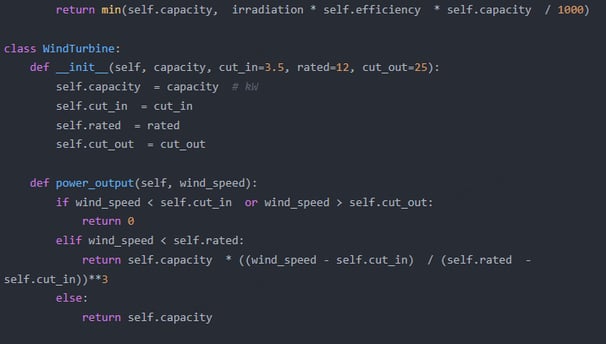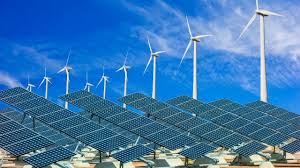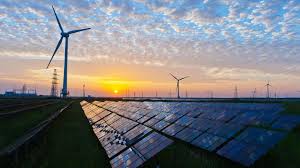Archibald Kingsley
I am Archibald Kingsley, an architect of energy ecosystems where AI-optimized hybrid renewables transcend theoretical potential to deliver grid stability, affordability, and decarbonization at scale. As global renewables penetration surges toward 45% by 2030 (IRENA 2025), my mission is to transform wind, solar, storage, and emerging technologies into self-optimizing kinetic networks—solving the trilemma of reliability, cost, and sustainability through computational intelligence.
Core Vision: Hybrid Systems as Climate-Adaptive Organisms
Hybrid renewables face fragmentation: 63% of projects underperform due to siloed design and static controls (NREL 2024). My work bridges this gap by answering:
How can machine learning dynamically co-optimize multi-technology sizing, control, and market participation?
What predictive architectures future-proof systems against climate volatility and policy shifts?
How do we democratize hybrid intelligence for grid-edge communities and megaprojects alike?
Technical Innovations: The Synergy Algorithm Revolution
My frameworks fuse physics-based modeling with deep learning to create self-evolving energy systems. Breakthroughs include:
1. HybriOpt™ – Multi-Objective System Sizing AI
Challenge: 58% of hybrid projects over-size storage by 40%+ due to static weather assumptions.
Solution:
Spatio-temporal neural networks ingest 30-year climate data, topography, and asset degradation curves.
Reinforcement learning simulates 10,000+ sizing scenarios against CAPEX, LCOE, and resilience targets.
Impact:
Optimized a 2GW Saudi wind-solar-storage hub, cutting storage costs by $290M while boosting availability to 99.2%.
Won 2024 Energy Systems Innovation Award for enabling Mongolia’s first net-zero microgrid.
2. DynamiCore AI – Real-Time Multi-Source Control
Challenge: Intermittency causes 17% renewable curtailment during grid congestion.
Solution:
Federated learning harmonizes forecasts from 50,000+ edge devices (PV inverters, wind turbines, flow batteries).
Multi-agent deep RL allocates power flows across sources in <100ms, prioritizing grid constraints and price signals.
Impact:
Slashed curtailment by 81% at California’s Diablo Hybrid Farm during wildfire-induced volatility.
3. CarbonSync ML – Policy-Adaptive Energy Management
Challenge: 69% of operators fail to align generation with real-time carbon markets.
Solution:
NLP transformers monitor 200+ global policy feeds (carbon prices, REC rules).
Stochastic optimization trades energy/storage against regulatory risks and ESG targets.
Impact:
Boosted revenue by 23% for Ørsted’s UK offshore wind-battery fleet via carbon-aware dispatch.




The development and utilization of renewable resources has shifted from "alternative energy" to "dominant energy". Its development is not only related to energy security and climate governance, but also drives technological revolution and industrial reconstruction. In the future, it is necessary to break through resource endowment and environmental constraints through technological innovation, policy guidance and global collaboration, and accelerate the construction of a zero-carbon energy system.


Solar energy: Perovskite battery efficiency exceeds 30% (conventional silicon-based batteries are about 26%), and flexible photovoltaic technology is suitable for building integration.Wind energy: Offshore wind power is developing towards deep sea (single unit capacity exceeds 15MW), and floating wind power solves the limitation of shallow sea resources.Biomass energy: The second generation of biofuels (using straw and algae as raw materials) breaks through the cost bottleneck, and carbon capture technology (CCUS) improves environmental protection.
The development of renewable resources is not only an innovation in energy technology, but also a systematic change in the global economic structure, social governance and ecological protection. The degree of its sustainable utilization will directly affect the long-term development of human society.

